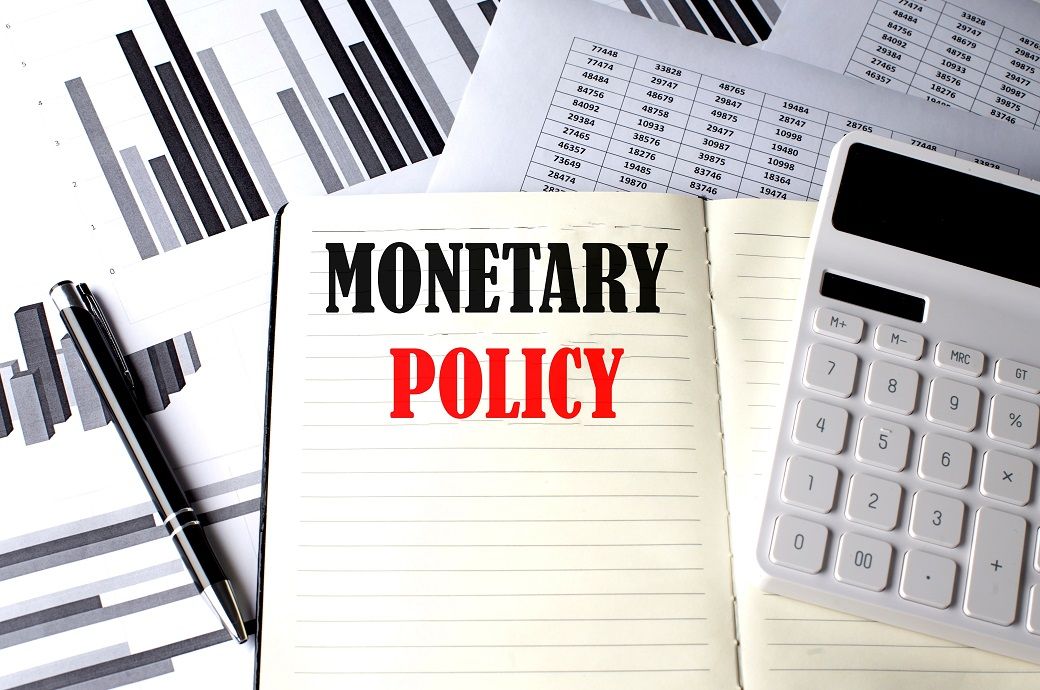
The prime minister called on ministers, heads of agencies, leaders of localities and executives of state-owned corporations and groups to step up the implementation of policies outlined by the party, the National Assembly and the government.
The focus is on enhancing the effectiveness of fiscal measures through prudent yet targeted expansion.
The official dispatch issued yesterday underlines the government’s determination to achieve the 2025 gross domestic product (GDP) growth target of 8.3-8.5 per cent, laying the foundation for double-digit expansion in subsequent years.
The finance ministry is tasked with leading efforts to refine tax policies in line with national development needs and income levels, while strengthening tax collection through digital transformation, stricter enforcement and expansion of the tax base—particularly in the areas of e-commerce and food services.
The government targets to raise the 2025 budget revenue by at least 25 per cent over the estimates. Regular expenditures are to be tightly controlled, with unnecessary spending decisively curtailed.
The document also calls for urgent progress in public investment disbursement, following signs of slowdown in August, domestic media outlets reported.
Ministries and local authorities must analyse underlying causes and propose concrete solutions to accelerate implementation. Particular attention is given to large-scale infrastructure projects in transport, energy, health and education.
The goal is to reach at least 60-per cent disbursement of 2025 public investment capital by the end of the third quarter and cent per cent by the year-end.
In parallel, the government continues to encourage foreign direct investment, particularly in large-scale, high-tech projects that strengthen global value chains. Authorities have been asked to swiftly resolve issues faced by foreign investors and reduce administrative burdens to speed up project execution.
The development of capital markets and outbound investment also remain a priority.
The central bank is expected to ensure the effective rollout of lending programmes for social housing, infrastructure and digital transformation.
ALCHEMPro News Desk (DS)
Receive daily prices and market insights straight to your inbox. Subscribe to AlchemPro Weekly!